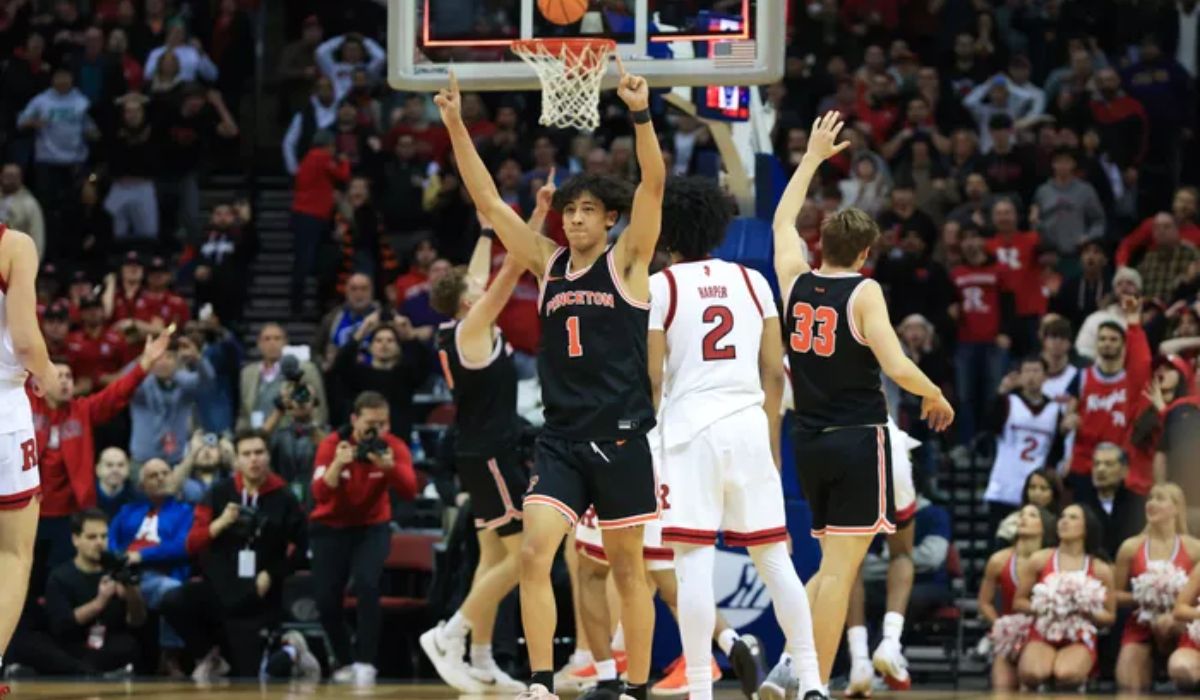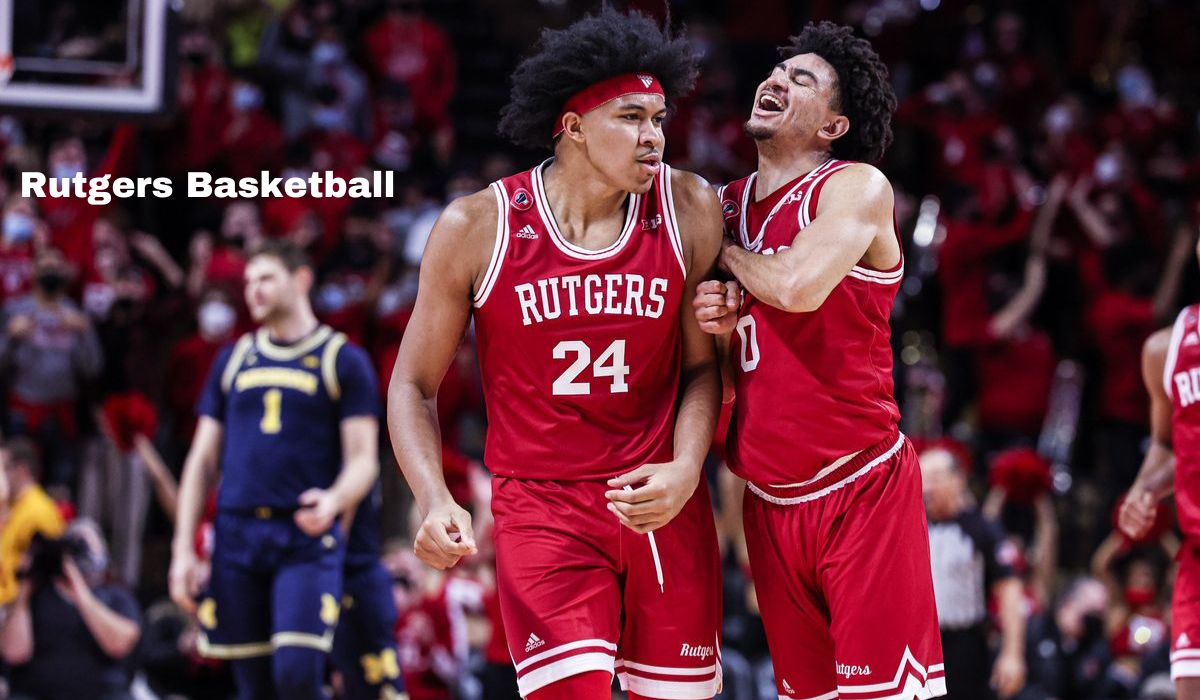The Evolution of Rutgers Basketball: From Underdog to Contender
Rutgers University, located in New Brunswick, New Jersey, has long been a pivotal institution in the landscape of college basketball.
Early Struggles and Building Blocks
The 1976 season marked a historic moment for Rutgers, as the team made it to the Final Four, showcasing their potential. However, this success was more of an isolated achievement rather than a sustained period of dominance. The 1980s and early 1990s were turbulent for the program, with several coaching changes and inconsistency in performance. Rutgers was often seen as a middle-tier team within their conference, struggling to break into the upper echelon of college basketball.
The Turnaround: Coaching Changes and Renewed Focus
The true turning point for Rutgers Basketball came in the mid-2000s with the hiring of head coach Gary Waters in 2001. Waters’ arrival marked a shift in the team’s focus and direction. He emphasized defense, discipline, and an emphasis on developing a team-oriented mentality. His tenure saw incremental improvements, though the program still faced limitations, particularly in recruiting. The Rutgers Scarlet Knights were still not able to crack the top ranks of the Big East, which had some of the most prestigious basketball programs in the country.
In 2013, Eddie Jordan took over the program, and his tenure was aimed at revitalizing the team further. Unfortunately, Jordan’s time as head coach was short-lived, and the program once again found itself at a crossroads. It wasn’t until Steve Pikiell was appointed as head coach in 2016 that Rutgers Basketball truly began its ascent.
The Rise Under Steve Pikiell
Coach Steve Pikiell’s arrival marked the beginning of a more methodical and sustainable resurgence for the program. Pikiell brought with him a defensive-first mentality and a strong emphasis on developing players into leaders. Under his leadership, Rutgers steadily improved its on-court performance, transforming into one of the most competitive teams in the Big Ten Conference.
One of Pikiell’s major strategies was recruiting players who fit his system—athletic, hard-working players who could buy into the defensive schemes that would be central to the program’s success. This change in recruitment helped Rutgers field teams that could contend with the nation’s best. The Team’s National Recognition
Their success also marked a change in perception. The team’s reputation for defensive prowess, combined with a more diversified offensive game, made them a difficult team to beat.
Key Milestones and Achievements
Rutgers’ growth was underscored by several key achievements:
- The 2020 NCAA Tournament Appearance: Rutgers’ first in 29 years, signaling their return to national prominence.
- A Winning Record in the Big Ten: Regularly competing at a high level within one of the nation’s toughest conferences.
- National Recognition: Consistent rankings in the AP Top 25 and exposure on national television helped boost the program’s profile.
Rutgers Basketball Fan Culture: Passion, Rivalries, and the Home Court Advantage
The culture surrounding Rutgers Basketball is an embodiment of passion, energy, and loyalty, creating an environment where the fans play a vital role in the team’s success. This culture has evolved over decades, with the Rutgers Scarlet Knights cultivating a deep connection with their supporters.
Passionate Supporters: The Heartbeat of Rutgers Basketball

Rutgers University is home to a fiercely dedicated fanbase that has stood by the team through thick and thin.
Rivalries: The Intensity of Competition
Beyond Seton Hall, Rutgers also shares heated rivalries with teams within the Big Ten, especially with schools like Michigan, Purdue, and Indiana. These rivalries, born from fierce competition within a high-caliber conference, add another layer of intensity to Rutgers’ games. The fans play a huge part in amplifying these rivalries, bringing unmatched energy to every encounter. Whether it’s a home game or an away game, the crowd’s jeers and cheers reflect the long-standing competitive history between these schools.
The Home Court Advantage: The Rutgers Athletic Center (The RAC)
One of the most iconic features of Rutgers Basketball’s fan culture is its home court advantage at the Rutgers Athletic Center, affectionately known as The RAC. This venue is known for its intimidating atmosphere, which can be overwhelming for visiting teams. For opposing teams, The RAC is often viewed as one of the most challenging places to play in college basketball.
The Student Section: A Driving Force
This section is a microcosm of the broader Rutgers fan culture, a reflection of the school spirit and pride that radiates throughout the community.
The Broader Community: Alumni and Local Support
Rutgers Basketball’s fanbase extends well beyond the current students.
The Power of the Fans
The synergy between the team and its fans cannot be overstated. The culture surrounding Rutgers Basketball is a product of passionate supporters who, through their loyalty and intensity, provide a significant advantage to the team.




